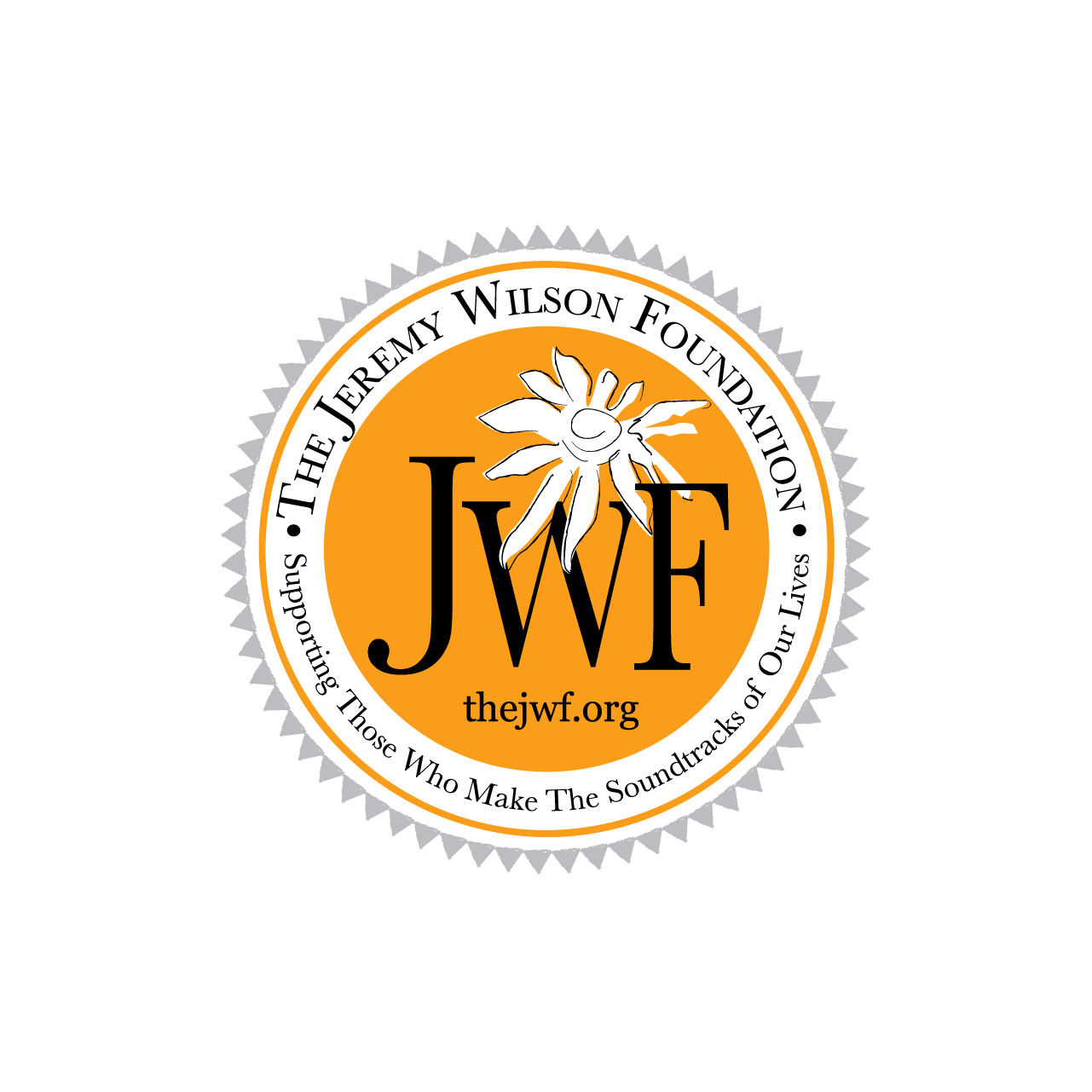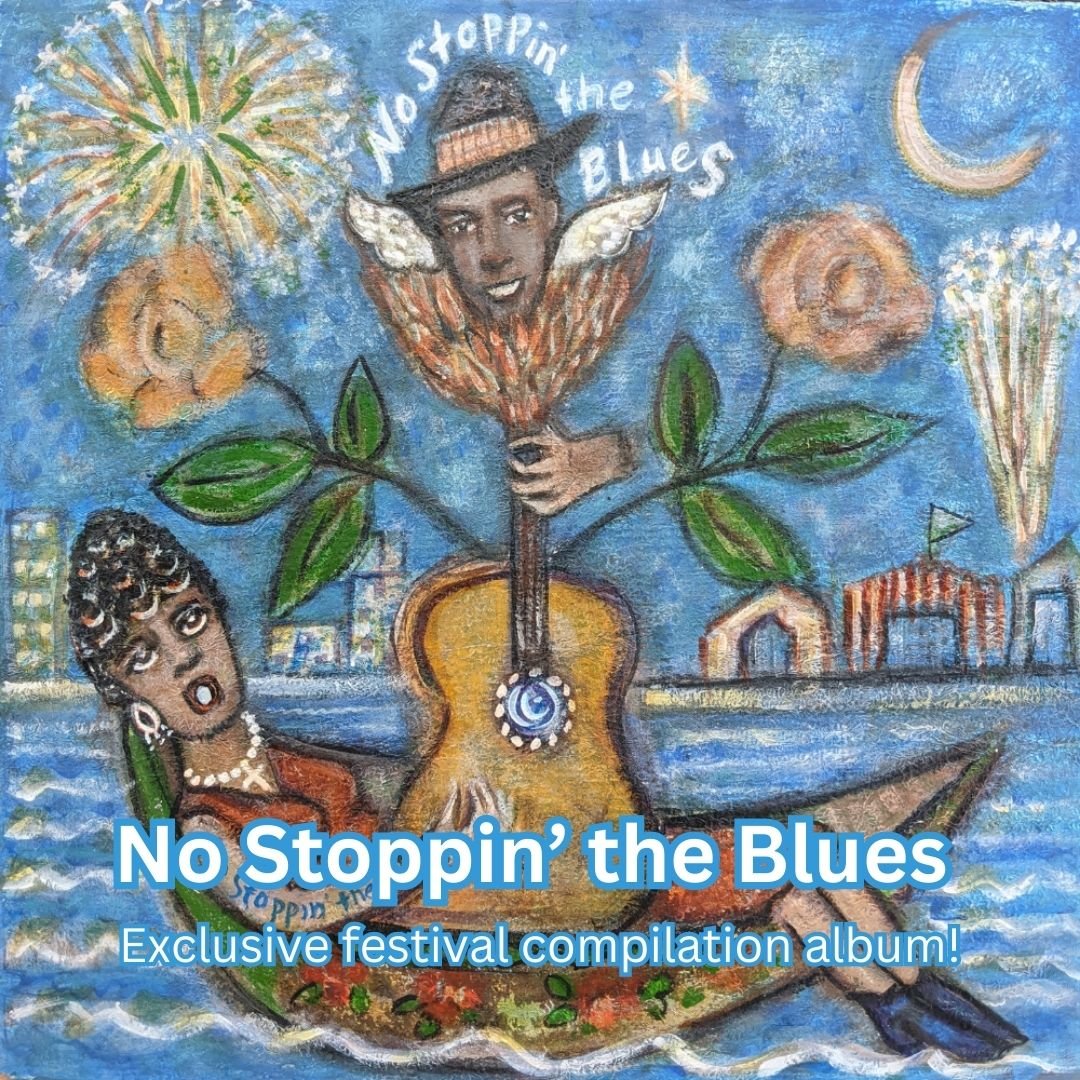Tony TC Coleman: The Soulful Drummer
An interview with Tony TC Coleman
Some of Tony TC Coleman’s first memories are of clapping, stomping and pounding out beats in any way he could. That fascination with rhythm led to a career as an internationally acclaimed drummer who has performed with many of the best-known names in the music world. This year, he’s launching a Blues Drummer Course to inspire others with the emotion that he brings to his art.
By Claire Levine
Tony TC Coleman always knew he wanted to be a drummer. “From the beginning of my life,” he said, “that was all I ever wanted to do.”
He carved his first drum sticks out of tree limbs. He got his first kit when he was in fourth grade, when a friend’s father gave him a dusty set of drums stored on a garage shelf. And whenever he had a chance to see live music, he would focus on the drummer.
As a child growing up in Florida, Tony was surrounded by music. He was exposed to country music and gospel, and as he grew up he developed a preference for R & B. He also listened to everything from Led Zeppelin to the Mamas and Papas.
But the music he heard most in his Florida town was the blues. And for years, he totally rejected it.
Learning to love the blues. “I didn’t like what the blues portrayed to me. It portrayed black people being afraid of white people . . . and Stepin Fetchit and all that . . .,” referring to a character who pretended to be ignorant. Tony said, “And as a young black man, I couldn’t understand what the hell that was about, and it really irritated me.”
That attitude stuck with him for years – after a stint in the military and performances with many other bands. But it was the King of Blues – B.B. King himself – who reframed the blues for him in a way that he could whole-heartedly embrace the music he grew up with.
Tony was touring with the B.B. King Orchestra, but he really wanted to be playing with younger musicians who were expanding the sounds of R&B, like Earth, Wind & Fire and the Funkadelics.
After about a year, he said, “B.B. King gave me a speech . . .you know, he got on my ass, basically. He made me realize that I needed to stop disrespecting the blues.”
And Tony grew to realize that by loving the blues he would be embracing all that made him proud of his race and his heritage. “I started to appreciate who B.B. King was and what the blues are.”
The blues don’t have to be depressing or demeaning. “It’s just expressing feelings. Some feelings are sad. Some are feelings of disappointment. But those can also make you feel happy,” if you express it the right way. On the down side, Tony quotes B.B. as saying, ‘Nobody loves me but my mother, and she could be jiving, too.’” But he brought out the joy when he sang, “I got a sweet little angel, and I love the way she spreads her wings.”
Tony played more than 300 shows with B.B. King, up until B.B.’s death in 2015. He has also performed with other greats, like Bobby Blue Bland, Albert King, Etta James, James Cotton and countless others. And for more than two years, he played drums and percussion for country superstar Jamey Johnson, a connection he made through his friend Willie Nelson. Tony has never been constrained by style or genre.
During 300 shows drumming with B.B. King, Tony TC Coleman learned the meaning and value of the blues. The lessons stayed with him – as he’ll teach us during his July 3 show at the Waterfront Blues Festival.
It’s more than technique. Every musical style has its own drumming patterns – technical differences that create different tones based on how and where the sticks meet the drum’s surface, different rhythms, and more.
But when Tony teaches drumming, he wants it to be about more than technique. “You have to understand your drum kit, but you don’t have to be precise and perfect. So, feel! You’ve got to learn the feeling, to understand, to play with that feel. That’s the best.”
When he was playing Reggae, his bandmates gave him an immersion course in West Indies culture. “They had me eat with them, some good jerk chicken. They had me be around their culture and listen to their music and explain it to me. And when they said I had it, it was like passing a course. They said I was officially a reggae drummer.”
What it means to be a drummer. “Here’s what makes a great drummer. You are a musician – a musician who plays drums. You must listen to everyone on the stage that you’re playing with. You should know everybody’s parts, musically speaking, to make sure that you’re the one who’s supporting the music,” Tony said.
“We’re the foundation of music. We are the engine. We’re the central processing unit. We have to be able to be dynamic. We have to be able to play loud, to play soft, to have versatility.
“You don’t have to be a soloist to be a great drummer. To be a great drummer is to keep time. That’s the most important thing. Whatever the tempo, your job is to keep everybody in the pocket.”
Supporting musicians. Tony is dedicated to helping musicians – not just as a teacher, but as an advocate. “If you don’t support the arts, you’re really doing an injustice to society.” That’s why he’s so happy to help the JWF’s Musician Health & Services Program.
“Art is like medicine. It makes people feel good. It makes people want to dance. It makes you feel happy and enlightens your spirit, it makes people smile and sing and dance. That’s what we’re supposed to do – help people get away from their problems.
“The blues are the antidote. If you come and sing the blues, you’re going to lose the blues. You’ll feel better.” The gospel according to Tony TC Coleman.
To learn more about Tony, to hear him play and to get more insights into his philosophy of drumming, visit his website. If you are interested in his drumming course, visit Drummer Knows Best or follow him on Facebook.
AVAILABLE NOW at JWFmusic.org
Celebrating fifteen Oregon-based artists and bands performing at the 36th annual Portland Waterfront Blues Festival, this compilation album is available exclusively through the JWF and features many never-before-released tracks! The artists have generously donated these songs, which means all proceeds from album sales go directly to the JWF Musicians Health & Services Program.
Download the album now to hear songs from Ural Thomas & The Pain, Terry Robb, Mary Flower, Lloyd Jones, Andrew Matthews Band, Jujuba, Bayou Boyz, River City Riot! Brass Band, Soul Vaccination, The Strange Tones, Tevis Hodge Jr., Northwest Bone Gang, Sister Mercy, Rae Gordon & Friends, and Johnny Wheels & the Swamp Donkeys.




